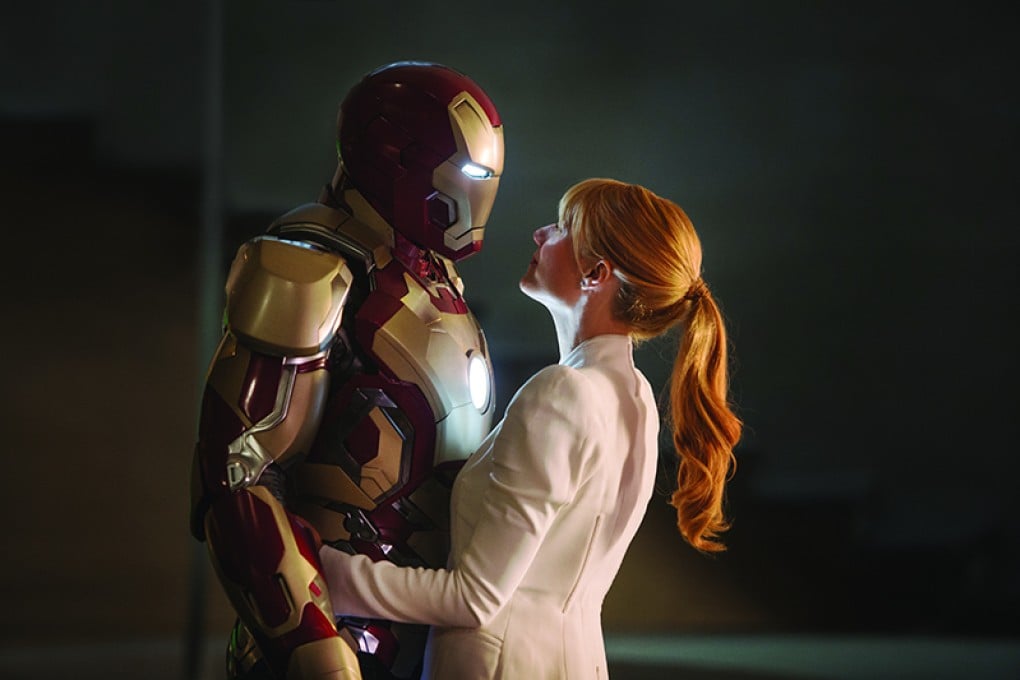Growing trend of Hollywood’s ‘artistic surrender’ to please China
Kow-towing to China has become a reflex for US film studios in search of a piece of the booming - and lucrative - Chinese market

In Hollywood, the screenwriter William Goldman once observed, “nobody knows anything”. Now, however, everybody knows at least one thing: whatever you do, be nice to China.
If your movie features a Chinese villain, change his nationality. If your plot omits a scene in China, insert one - preferably with gleaming skyscrapers. If your production deal lacks a Chinese partner, find one. If Beijing’s censors dislike certain scenes, cut them.
Kow-towing to China has become a reflex for actors, writers, producers, directors and studio executives in pursuit of the world’s second-biggest box office, a trend set to intensify as China overtakes the US as the No 1 film market.
Recent blockbusters such as Iron Man 3 and Django Unchained, and others in the pipeline such as Transformers 4 and Brad Pitt’s World War Z, have been modified to please Chinese authorities and audiences, prompting accusations of artistic surrender.
“It’s got to the point where everyone is thinking: how are we going to make a movie that, at the very least, is not offensive to the Chinese public?” said Peter Shiao, chair of the US-China Film Summit and founder and CEO of the Los Angeles-based Orb Media Group.
Screenplays look beyond China for baddies, he said. “People from the Middle East seem to be taking the brunt, and will probably continue to do so until it has its own rising film market. Sad but true.”
